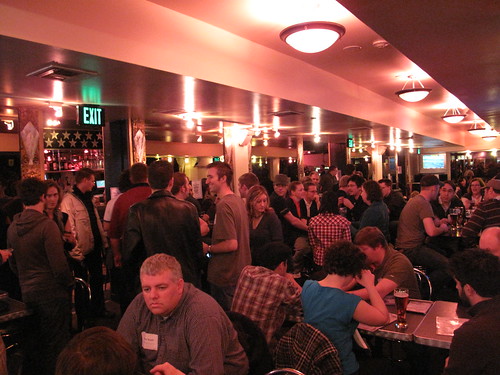I just love that my councilwoman, Judy Montero, has her own blog (on WordPress). Not only that, but she can respond to an article published in the Denver Post which printed only part of her prepared statement that lacks the full context of her response. Not that the news hasn’t been doing this “fit the quote so it fits our story” game forever, but now the public can easily see the other side.
Here’s what the Denver Post printed on in their story describing medical marijuana grow sites in Denver:
Councilwoman Judy Montero, who represents north and central Denver, went a step further, suggesting that the presence of grows in some areas might need to be re-evaluated as those areas look to redevelop.
“I don’t see the uses of medical marijuana grow facilities being consistent with our land- use visions for the future of these communities,” she wrote in a prepared statement. Such a clash has already occurred in Montero’s district…
This statement only suggests she’s against the grow sites (negative) then the article goes on to conclude that the sites are very much friends of the community (contrary to her point).
Stepping back, if you read the full statement it may paint a fuller picture of her thoughts on the future of the community (excluded text is highlighted):
The grow facilities you see on the ground today are a reality of today’s economic climate and obsolete land use policies of the past. Unfortunately, I don’t see the uses of medical marijuana grow facilities being consistent with our land use visions for the future of these communities – visions that include new parks, affordable housing options, retail, and other amenities that are the foundation of a sustainable neighborhood. So if market conditions start to change, I am not confident that grow facilities will still be considered an appropriate use as these areas start to transform themselves with exciting redevelopment opportunities.
I’m happy to see the internet is able to help balance the discussion and remove some of the power that the media has to form public opinion in their own views. Check out the comments on the article to see how individuals specifically ask what Montero’s vision includes…
[geolocation]

